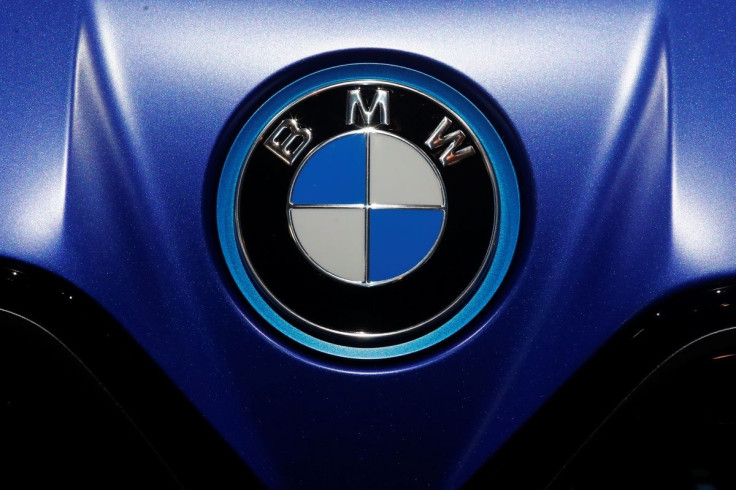BMW Profit Gets Lift From Chinese Joint Venture, Strong Prices

BMW posted a rise in first-quarter profit on Thursday, boosted by a reevaluation of the German car maker's stake in its Chinese joint venture and strong pricing, and kept its 2022 outlook, despite volatile prices for commodities and energy.
A global semiconductor chip shortage has hit car production across the industry, but BMW said demand for its vehicles remained "very robust".
"Never before in the history of our company have our pre-orders been higher than they are today," Chief Executive Oliver Zipse said on a conference call. "The markets signal that this high demand will continue."
BMW shares were up 1.9% in morning trading.
Zipse said the company did not expect chip supplies to improve until at least the second half of 2022, adding, "We will still be dealing with an underlying shortage throughout 2023."
World No. 4 carmaker Stellantis also posted higher revenues on Thursday despite a chip-fueled decline in car sales.
The chip shortage has pushed carmakers, including BMW, to focus on producing higher-margin vehicles. The reduced supply has boosted prices, as affluent car buyers can still afford to pay more.
But it has put new cars well out of reach for many ordinary people. In the U.S. market, for instance, the average vehicle transaction price hit $44,129.
The impact of this supply-constrained market has also trickled down into used car prices.
April was the 25th consecutive month of year-on-year used car price growth in Britain, with prices up over 32%, online vehicle marketplace Auto Trader said on Thursday.
"The cars they're looking at are from what were previously lower priced 'buckets'," it added, however, as consumers' budgets had not increased.
BMW said the reevaluation of its stake in its joint venture with Brilliance Auto Group had resulted in a preliminary one-off profit of 7.7 billion euros ($8.2 billion).
In February, BMW said it would pay 3.7 billion euros to raise that stake to 75% from 50% after getting the necessary licence from Beijing.
In a client note, Jefferies analyst Philippe Houchois wrote that the stake had complicated BMW's results, "but these numbers look like a significant beat".
Stripping out the impact of the stake, BMW posted a 16.3% increase in revenue for the quarter, despite a drop of 6.2% in car sales, as higher pricing helped.
Strong vehicle pricing also helped BMW partly offset rising prices for raw materials and energy, and the company said it expected those prices to remain high.
Despite the volatility, the carmaker said the operating margin for its automotive segment should range from 7% to 9%.
The company reported net profit of 10.2 billion euros versus 2.8 billion euros a year earlier. Excluding the impact of the stake in its Chinese joint venture, BMW made an operating profit of 3.4 billion euros, up from 3 billion.
($1=0.9422 euros)
© Copyright Thomson Reuters 2024. All rights reserved.




















